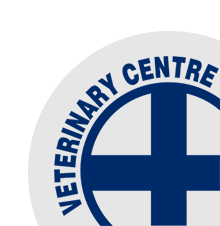Ensuring a Safe Home for our Pets
/We regularly see animals that have become unwell due to eating something toxic or otherwise dangerous. Often this could have been avoided but the owners were unaware of the potential dangers. While this is not an exhaustive list, it gives some of the more common dangers that we see.
Pesticides – Rat bait and slug and snail bait are widely used and both can be deadly to cats and dogs, even in small amounts. It is important to be very careful when storing and using these compounds to make sure your pets cannot get access to them.
Bones – People commonly feed their dogs bones as they can help to keep the teeth clean, keep dogs entertained and can be a good source of certain nutrients. Unfortunately if the bone is swallowed it can cause a blockage requiring emergency surgery which can be very expensive. Even if the bones are well chewed they can still cause constipation. If you want to feed bones, the best thing to do is to give large bones that can be gnawed on but not swallowed. Once the bone gets to the point where all the meat and gristle has been removed and there is a risk of bone fragments coming off the bone should be discarded.
Human food – Bones are not the only food that can cause problems. There are a number of common foods that we eat that can be toxic to our pets. Chocolate is one that a lot of people have heard of. It can cause vomiting, restlessness and in advanced cases an irregular heart beat and even death! Less well-known toxins include onions, grapes and raisins. Additionally, while they aren’t toxic, corn cobs are another common cause of gut obstruction – usually when they are scavenged from the compost heap!
Medications – There are a number of human medications that can be incredibly toxic to our pets. Anti-inflammatories and pain killers are something that we often see owners give to their pets but unfortunately this can lead to severe gut ulceration and kidney failure. We recently had a case of a dog that was given a human pain medication which lead to such bad gut ulceration that the dog needed a blood transfusion! Similarly cat medication is not always appropriate for dogs and vice versa. The moral of the story here is to make sure you only give medication that has been prescribed for your pet.
If you are ever concerned that your pet may have eaten something that could cause them harm, it is always best to be safe and ring the vet clinic for further advice. Often if we can treat them early we can prevent many of the nasty side effects before they become an issue and it is also far cheaper!


